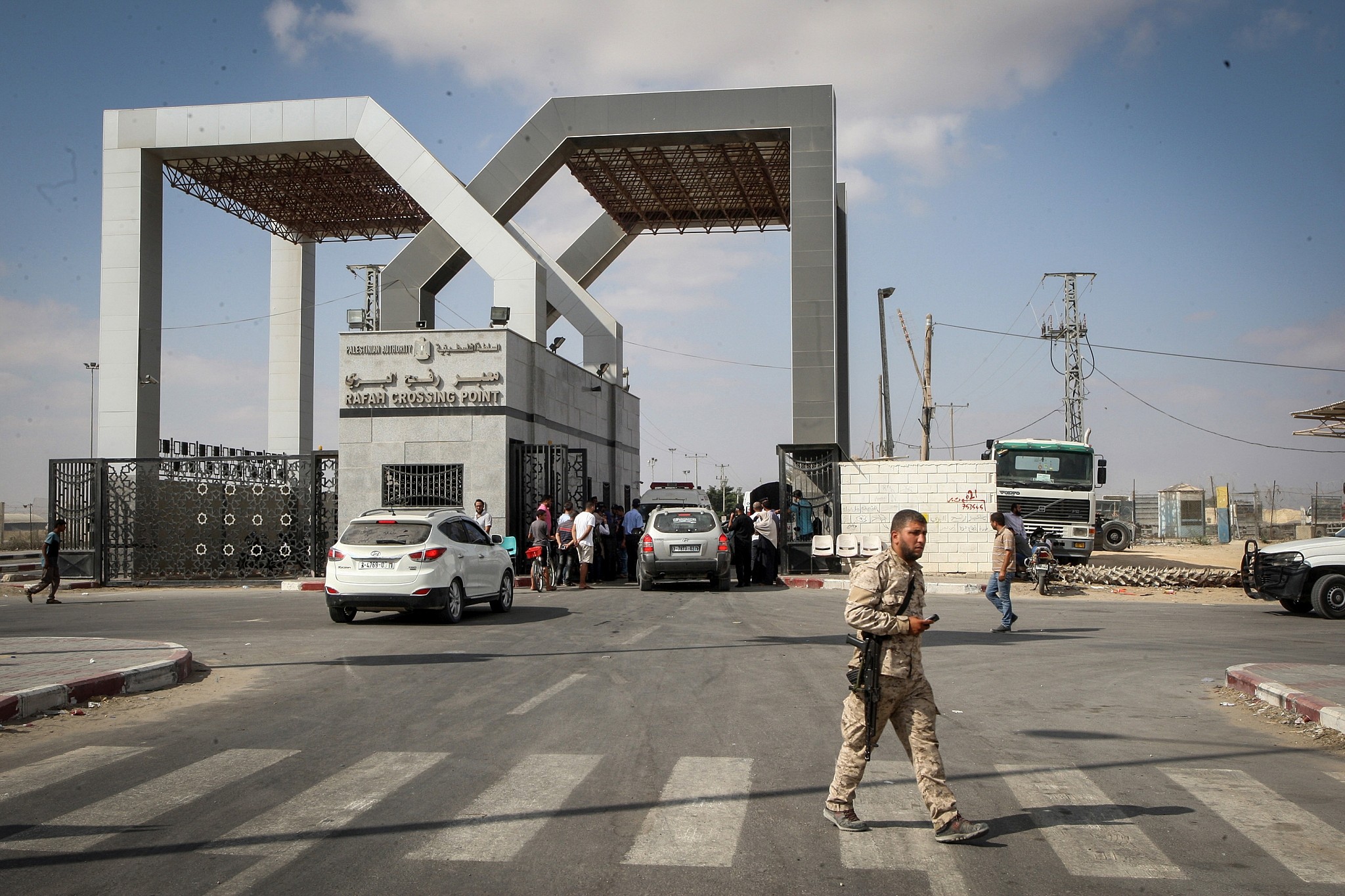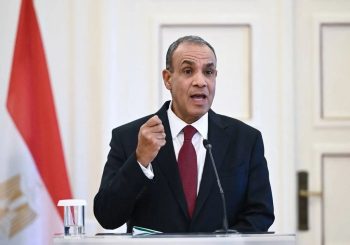For over eight months, Rafah, Gaza’s southernmost city, offered a fragile refuge for more than 1.5 million Palestinians fleeing the devastating conflict and constant bombardments.
The tenuous sanctuary was upended about two months ago when Israeli forces ramped up military operations in Rafah, leaving residents in a renewed state of fear.
Israeli forces issued evacuation orders and intensified military activities, subsequently seizing control of the Rafah border crossing on 7 May.
The closure has severed the essential goods and humanitarian aid lifeline, plunging the area into a dire humanitarian crisis.
The World Health Organization (WHO) highlighted in June the critical state of healthcare in Rafah, noting that Israeli forces had attacked and besieged medical facilities repeatedly during the eight-month conflict.
The conflict’s exacerbation in Rafah forced more than 900,000 people to flee the city, joining approximately 300,000 original residents.
The displaced, initially directed to “safe zones” in Rafah, now find themselves in makeshift shelters under deplorable conditions.
The closure of the Rafah crossing, Gaza’s sole gateway to the outside world, has become a focal point of international tension. Egypt, which has traditionally managed the crossing from its side, remains in a standoff with Israel over the control and operation of the crossing.
“Egypt insists on the complete withdrawal of the Israeli army from the Palestinian side of the crossing,” a high-level Egyptian source told Al-Qahera news In June.
Egyptian officials, in coordination with the United Nations, have made it clear that Egypt refuses to operate the Rafah crossing under Israeli occupation, emphasizing that travel procedures should be completed on the Egyptian side before any coordination with Israel.
Cairo, however, has facilitated the entry of 2,272 aid trucks into Gaza through the Kerem Abu Salem crossing on the Israeli side, as a temporary measure until Rafah can be reopened.
Egypt has also rejected the idea of deploying its forces into Gaza, as reiterated by a high-level source in June, emphasizing the country’s commitment to a resolution through diplomatic means, including a permanent ceasefire and a hostage swap deal to end Israel’s military offensive.
The Israeli military attacks, following the 7 October Hamas attack that resulted in 37,000 Palestinian casualties, has devastated Gaza’s infrastructure, leaving the majority of its 2.3 million residents homeless and facing severe food shortages. In response, Hamas has demanded a permanent ceasefire as a precondition for any hostage exchange, a stipulation the Israeli government currently opposes.
As the war rages on, the International Court of Justice has accused Israel of genocide, ordering an immediate halt to operations in Rafah. Meanwhile, Israeli National Security Adviser Tzachi Hanegbi announced a forthcoming plan to replace Hamas in Gaza, signaling a potential shift in the region’s power dynamics.







Comments (0)